Hi, Kevin here.
In my recent readings, I noticed an interesting theme in relation to the recent layoffs in Tech, the disillusion of some in the design communities, and the criticisms of our tools as instruments of “our own downfall”.



The (great) disillusion
For instance, in the article “Everyone Used to Be a Designer”, the author proposes a review of the state of the (UX) industry, with its fair share of criticisms which admittedly holds on some asperities and seems (incidentally) to be part of a recent wave of "critiques against design tools" in this early 2023.
Disillusion? As the underlying argument goes, some realise what was believed to be good for us (designers) is what ends up participating in our downfall. We all actively participated in commoditizing design to a point where designer X or designer Y or tool Z has no distinguishable differentiation value and companies will simply pick the cheapest (i.e. the tool).
Sounds relevant given the recent events, right? Well, we can agree (at least partially) with this argument, and still disagree with the conclusion. First, we should mind the simplistic reduction to direct causality between what we are seeing and our tools. Yes, some occurrences surely participate in the rapid commoditization of some domains of Design. But the recent layoffs didn't affect only designers, nor are limited to a specific industry. Secondly, it does not necessarily imply “a downfall” or some kind of linear progression towards an “end”. Design and the many different contexts in which it finds itself are in constant (co)evolution.
In other words, there is more to the story.
A Deleuzian perspective
I have recently posted on LinkedIn about Deleuze's philosophy of society. This video summarizes Michel Foucault and Gilles Deleuze's work on understanding the evolving philosophy of societies and the emergence of what Deleuze call “societies of control”.

“[To Deleuze] the world is not one of striated spaces, it's a flow, energies, vectors. Everything's always on its way to something else, and control is no different.
You're no longer an individual or a member of a mass of individuals in a space that needs to be disciplined, now instead you are a dividual which means you're a different source of information depending on which system you're interacting with. [...] To a bank, you are your credit score; to a university you are an sat score; to your health insurer you are your genetic risk factors; to [YouTube] you are your watch history [...]” – Deleuze - Control Societies & Cybernetic Posthumanism

From a Deleuzian perspective, we can understand that the issue isn’t in the tools themselves but the kind of outcomes they help achieve (Deleuze would talk about “desire” here).
From a complex adaptive systems perspective, the relationships in context matter more than the objects themselves. If, say, “Design Systems” (as a tool) can be used as replacements for Designers, they can also be enablers for creativity –this is a context-sensitive property.
Deleuze talks about control as the removal of individuals’ autonomy through the deconstruction of their utility into neatly defined categories, with expected results and therefore expected value –from “individuals” to “dividuals”. The system (society, corporations) appears to provide freedom of choice (and even over-abundance of choice) but this freedom is subjected and reduced to explicit and transactional interactions, mined for data extraction and therefore even more reduction of utility through categorisation. Here the notion of control is not an end in itself but allows the fulfilment of the desire of the assamblages that we inhabit.
Hence, the problem IS NOT that we have “Lego pieces” (i.e. Design Systems) to play with in the first place, the problem is the removal of autonomy in exchange for utility-trough-value-extraction over time as the only metric. In other words, the game is not played at the level of the tools here but, rather, they serve the desire of the specific assemblage in which they exist.
The “specialisation” rhetoric in our profession (one which has become more and more common these days) is nonetheless a form of continuation of this isolation of utility. The useful tension lies in increasing diversity, not its reduction (see de-territorialisation and re-territorialisation).
I wonder, however, how “new” the movement from UI to strategic/business consulting really is –it does not seem like so. Indeed, commodification comes with some form of (hyper)specialisation. But fortunately enough, the "landscape" isn’t homogeneous or fixated but in constant change.
The End? (No)
Deleuze and Guattari in their work on Schizoanalysis propose the concept of territories. To simplify, assemblages co-exist within territories through which certain heuristics emerges, heuristics that fulfil the assemblage's desire. Change occurs through processes of de-territorialisation and re-territorialisation, from which new assemblages can emerge. Deleuze and Guattari propose through schizoanalysis ways to purposefully navigate and connect different territories (de-territorialisation) to create new boundaries (re-territorialisation).
Commoditization happens in very well-defined territories, with low porosity and very high coherence. But this also means we are not doomed, that there is no “downfall”.
To me, it is a matter of narratives, sense-making and adjacent possibles.
By the way, here’s a critique I wrote 3 years ago. In light of the criticisms we can read these days, it’s safe to say it holds pretty well.
Read the full series


Thanks for reading!
Kevin from Design & Critical Thinking.




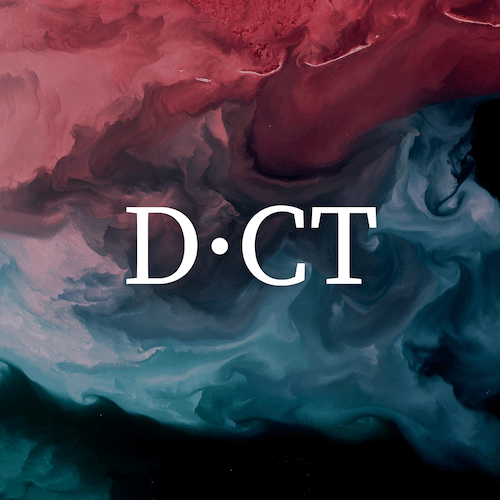



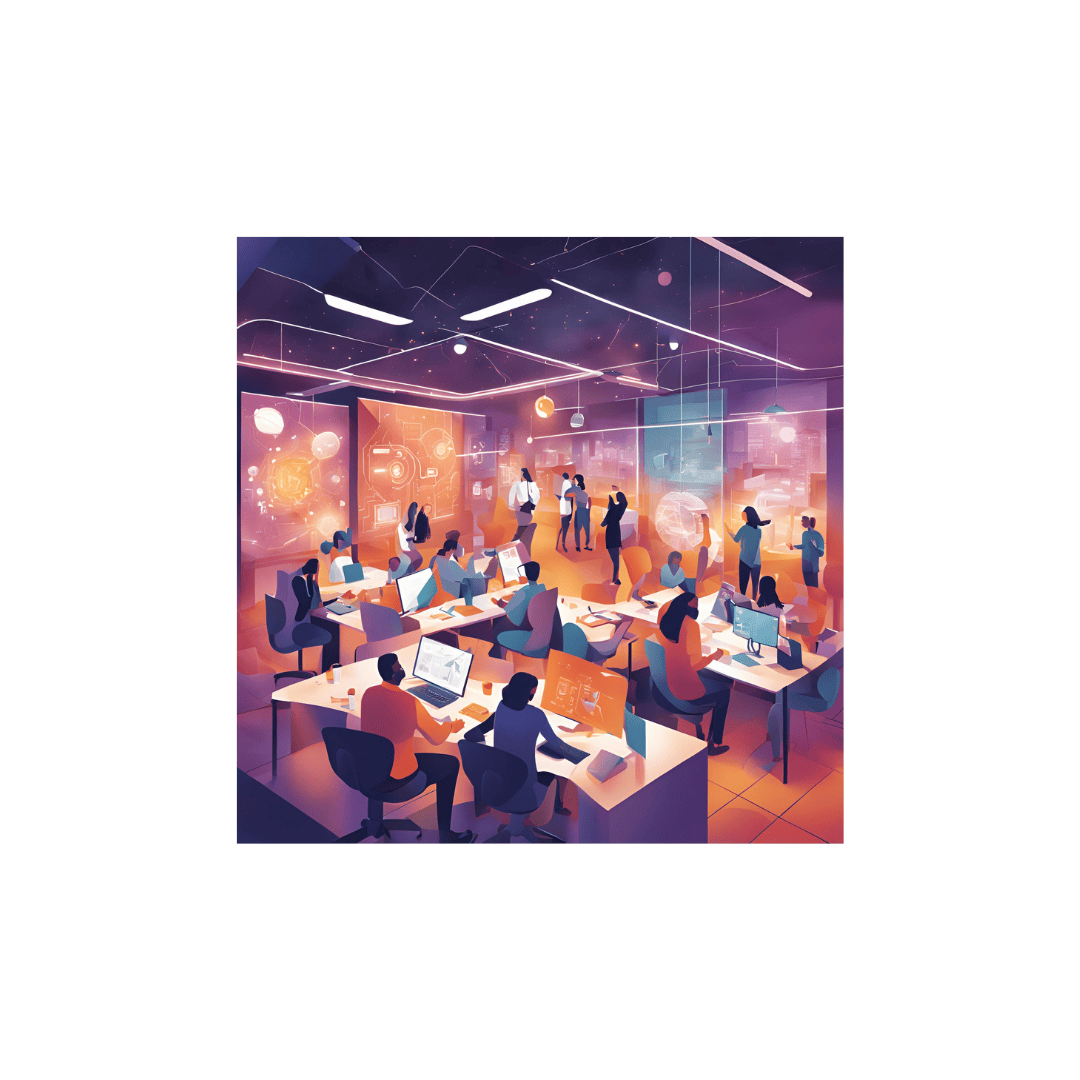


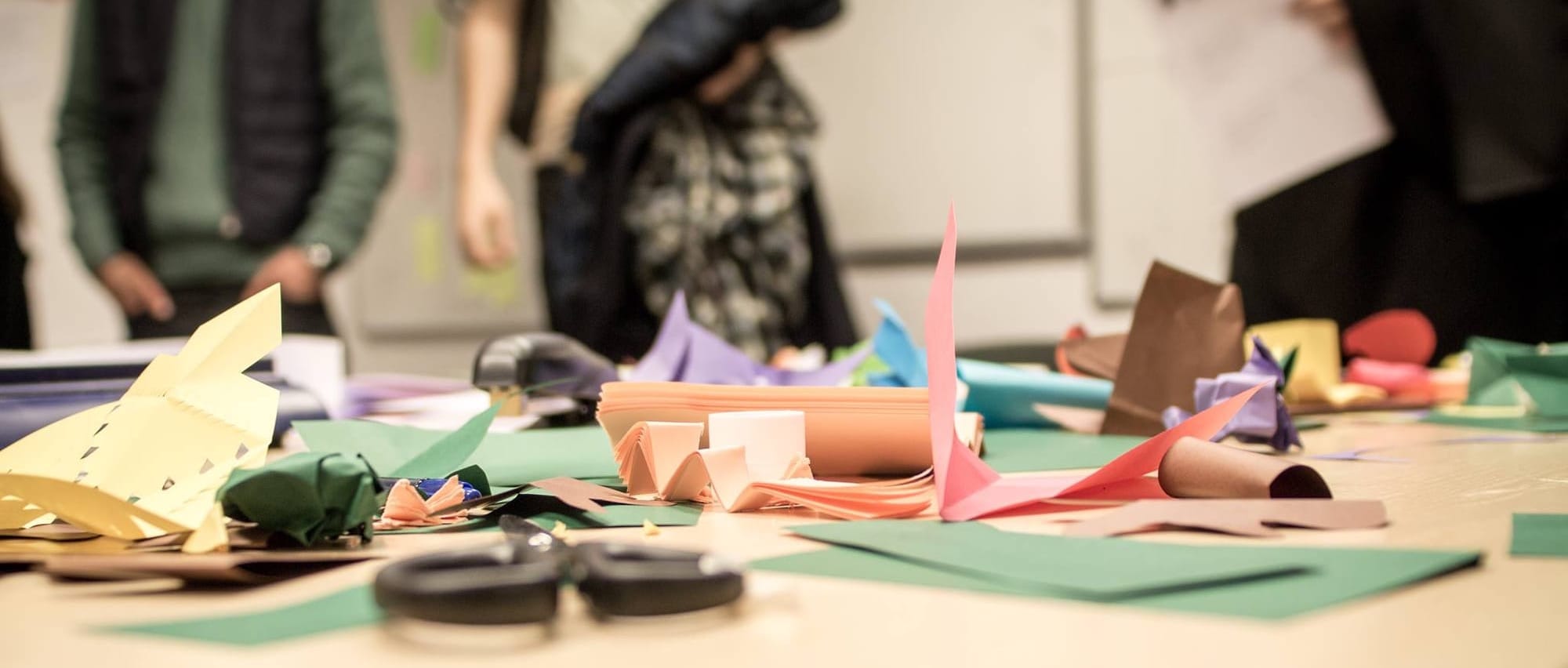

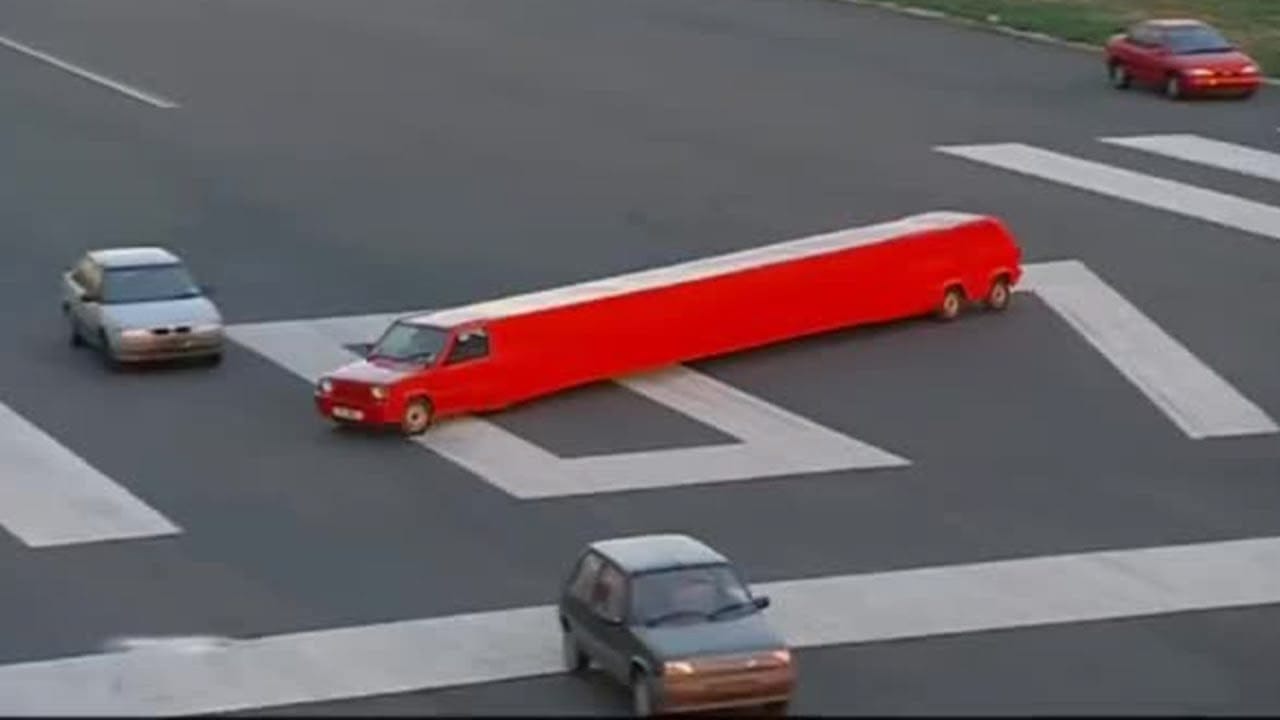
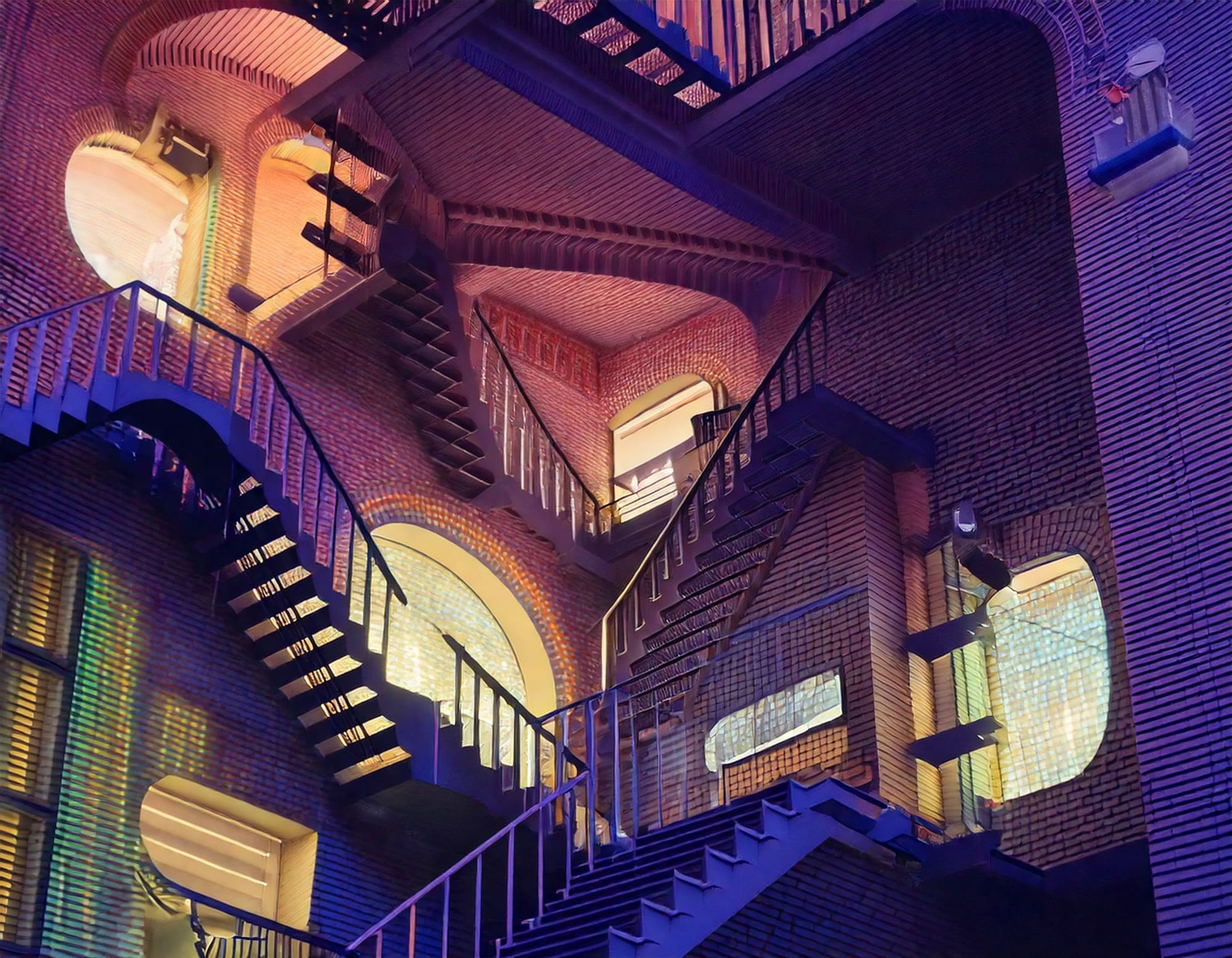
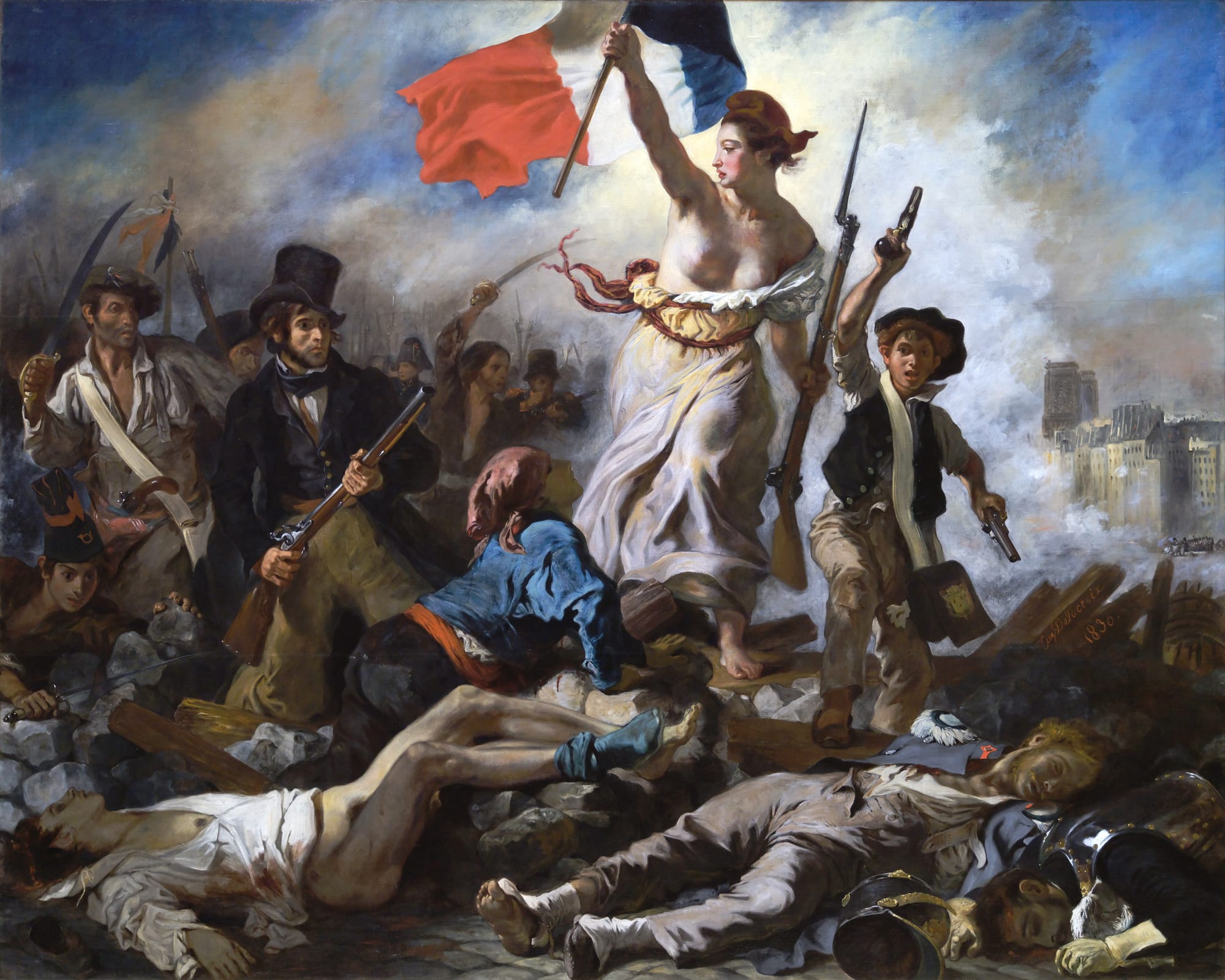
Discussion